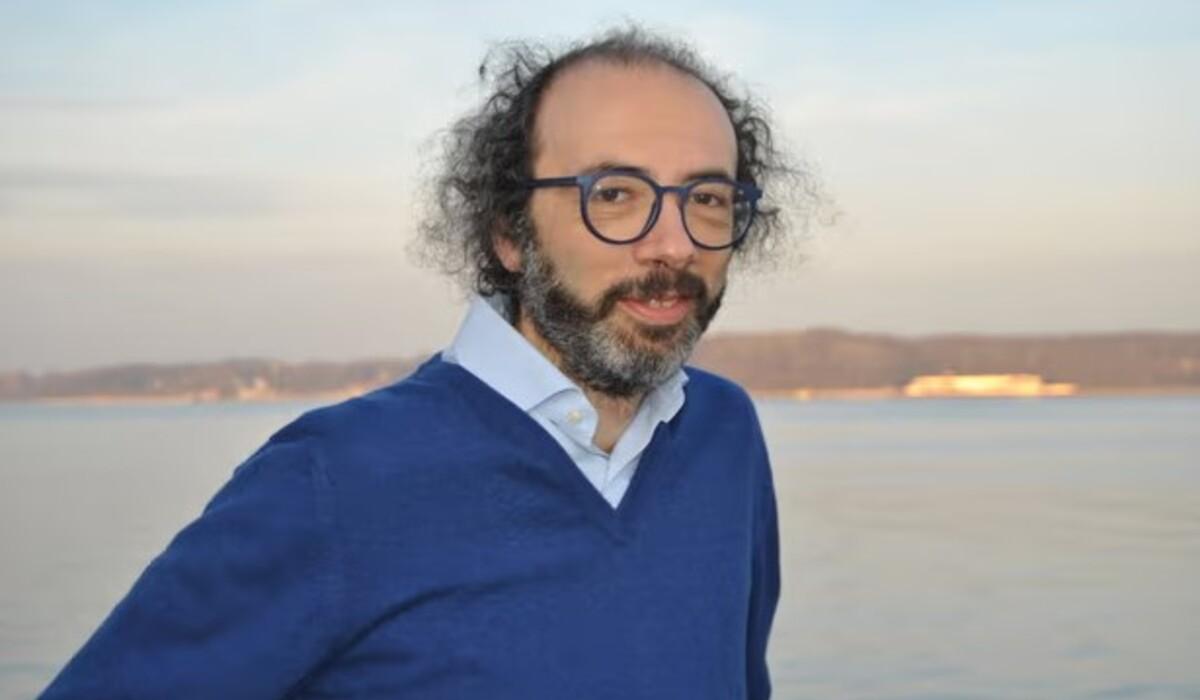A Climate researcher lost his job named Gianluca Grimalda because he had reportedly refused to take a last-minute flight from Bougainville, near Papua New Guinea, back to Germany. He was involved in the conduct of research on the impacts of climate change and globalization on the island’s inhabitants for over six months.
Grimalda had made a promise to reduce his carbon emissions on his return journey, especially for those people he had met during his fieldwork, some of whom had been displaced due to rising sea levels. However, his employer, the Kiel Institute for Worldwide Economy (IfW), gave him a deadline to return to his desk, which would require him to travel by air. Grimalda decided to stand by his principles and not fly, resulting in his termination.
He argued that IfW was out of touch with the environmental crisis and claimed that wasting carbon emissions on a flight when a slower, more eco-friendly option was available was morally unacceptable. Grimalda pointed out that the emissions from his one-way flight back to Europe would exceed the annual carbon footprint of an average person in the Solomon Islands.
Despite losing his job, Grimalda intended to appeal the decision with the support of his trade union, although he acknowledged that IfW’s actions might be legally justified. IfW defended its stance, stating that it encourages climate-friendly travel and offsets emissions when flying is unavoidable. They also claimed to support slow travel in certain situations.
Grimalda’s case highlighted the growing tension between the urgency of addressing climate change and the demands of the professional world. While he chose principles over his job, it remains a complex issue with no easy solutions.
Climate activists have applauded Grimalda’s stand, while IfW maintained its policy of not discussing staff issues publicly. In a world grappling with climate change, this case raises questions about the responsibilities of individuals and institutions to reduce their carbon footprints and the broader debate surrounding climate-friendly practices in professional settings.

